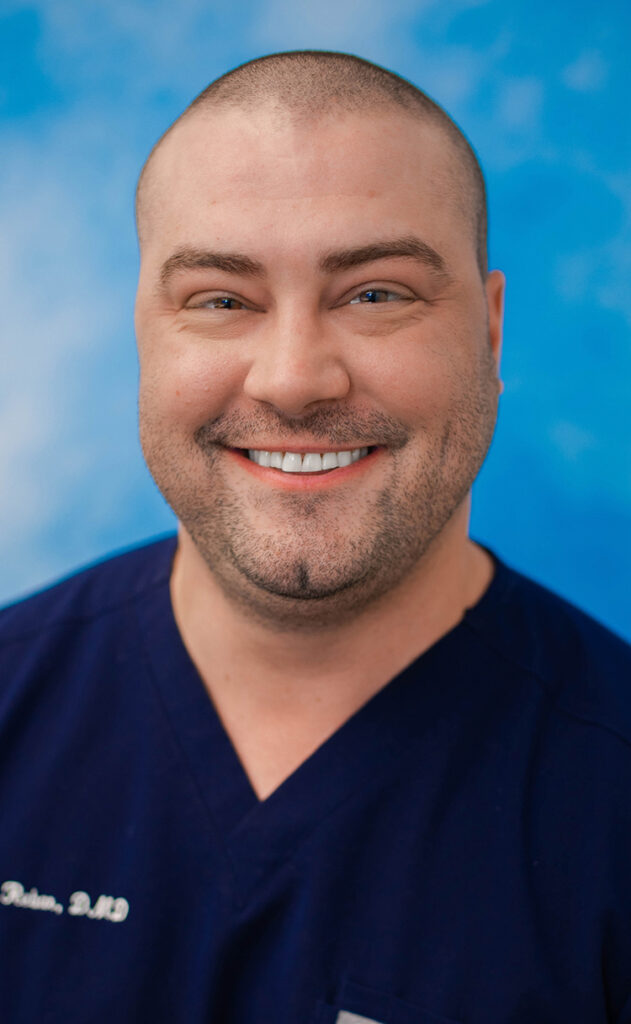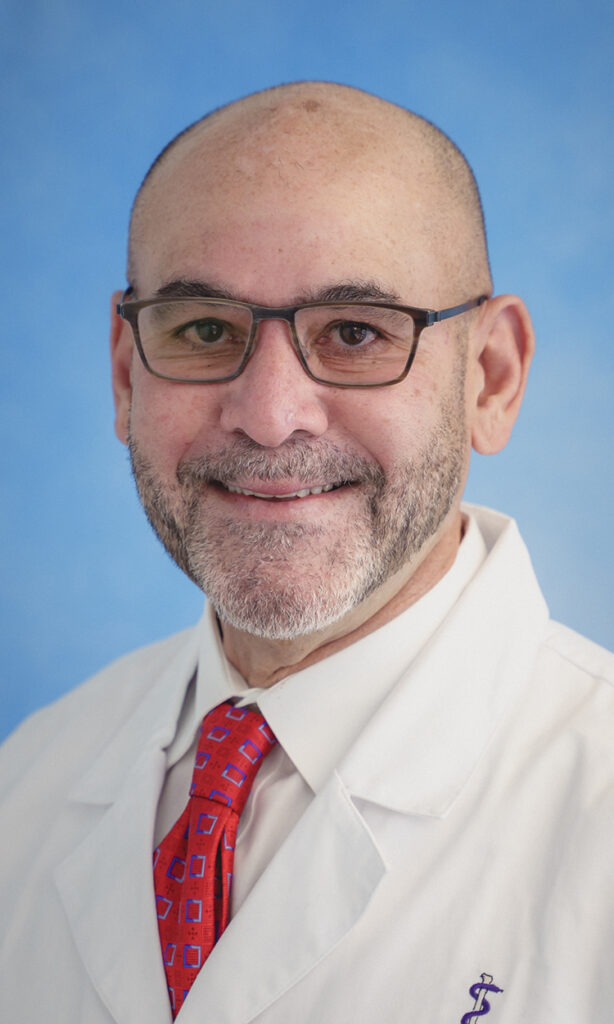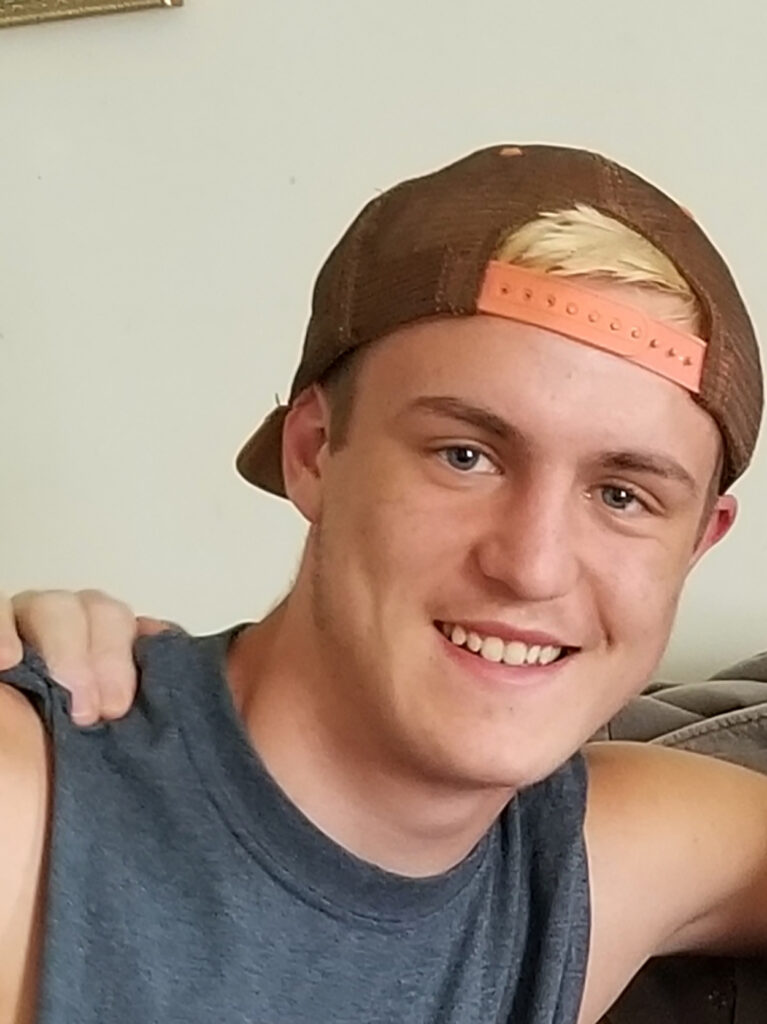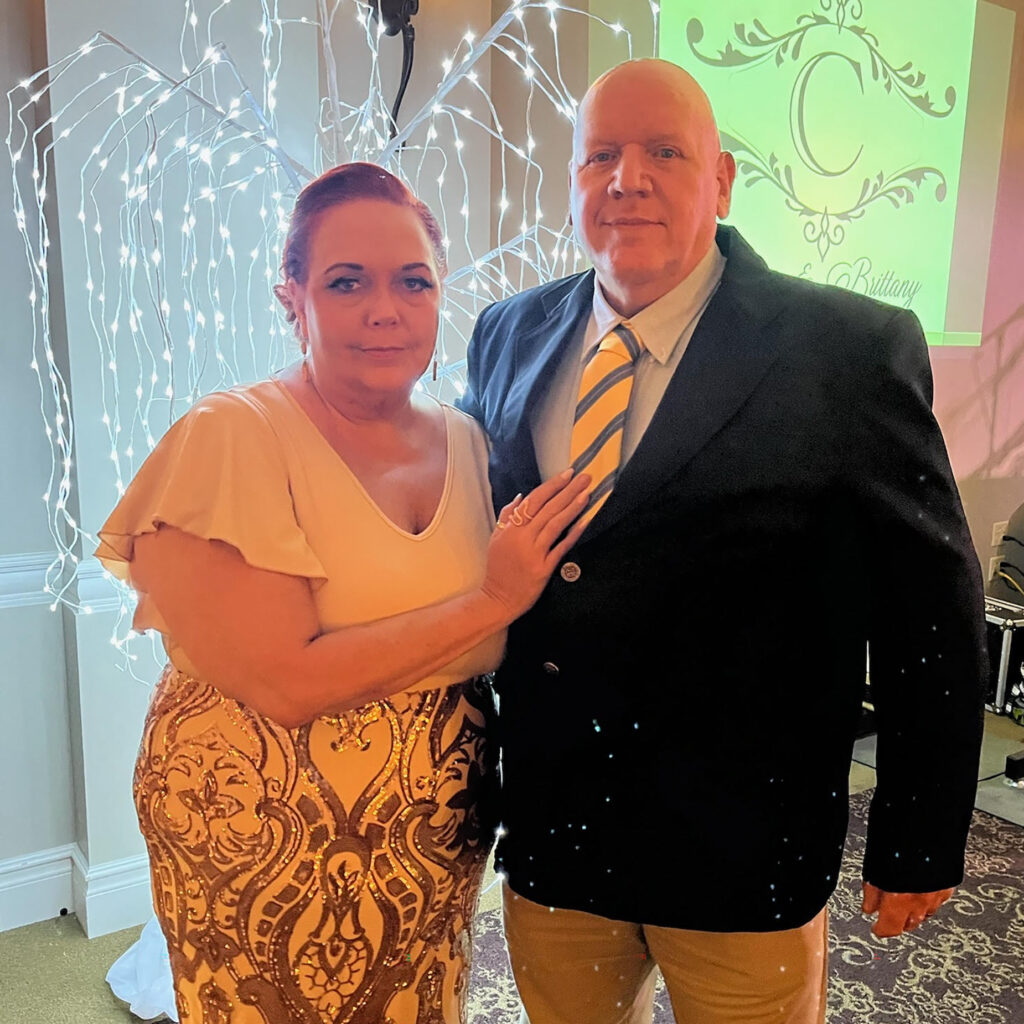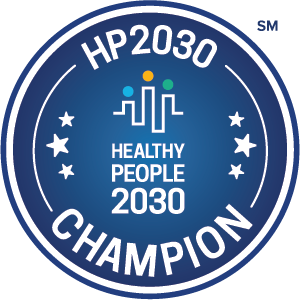John Slater, of Covington Twp., has been named the environmental, social and governance (ESG) specialist at The Wright Centers for Community Health and Graduate Medical Education.
A graduate of North Pocono High School and Colgate University, he has a Bachelor of Arts degree in physics and astronomy, with minors in geography and economics.
ESG is a framework used to assess an organization’s business practices and performance on various sustainability and ethical issues. It also provides a way to measure business risks and opportunities in those areas.
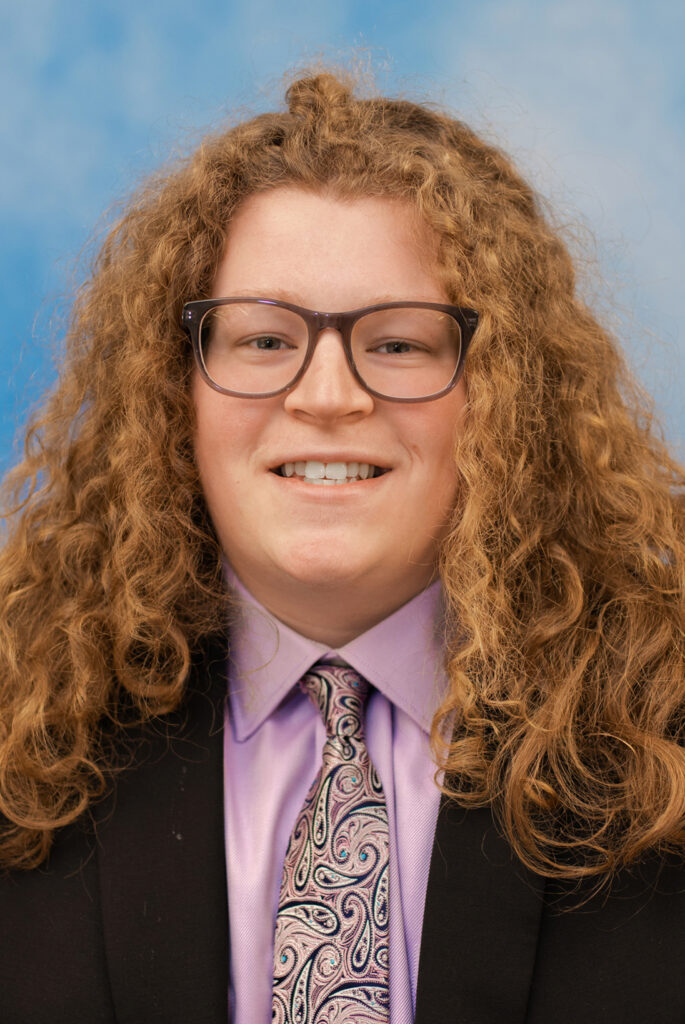
John Slater
In his role as ESG specialist, Slater will lead The Wright Center’s assessment of ESG compatibility as well as the successful development, execution, and evolution of the ESG vision, strategy, and implementation. He will help to integrate ESG policies and goals within The Wright Centers for Community Health and Graduate Medical Education and play a key role in leading the impact through strategy development and implementation, assessing both risks and opportunities under several ESG topics.
In addition, Slater will partner with key internal teams to coordinate efforts that drive ESG principles across the nonprofit enterprise. He will analyze ESG activities at The Wright Center and provide recommendations to enhance the overall ESG strategy, methods, and related tools to achieve ESG objectives in the areas of energy and material consumption, responsible supply chain management, data privacy, and cybersecurity practices, human rights issues, and labor practices, and the welfare of patients, families, learners, staff, and communities.
The Wright Center is the nation’s largest Teaching Health Center Graduate Medical Education Safety-Net Consortium funded by the U.S. Health Resources and Services Administration.
The Wright Center for Graduate Medical Education offers residencies in four disciplines – family medicine, internal medicine, physical medicine & rehabilitation, and psychiatry, as well as fellowships in cardiovascular disease, gastroenterology, and geriatrics. All of its programs are accredited by the Accreditation Council for Graduate Medical Education.
The Wright Center for Community Health serves as the cornerstone ambulatory care delivery service, providing training for primary care resident and fellow physicians in a community-based workforce development model that improves the health and welfare of regional communities by offering medical, dental, behavioral health, addiction and recovery services, and other supportive service lines, such as lifestyle and obesity medicine. By providing integrated care at convenient clinical locations in Lackawanna, Luzerne, and Wayne counties, The Wright Center for Community Health provides access to high-quality, affordable, inclusive health services to patients of all ages, income levels, and insurance statuses.
